 Pursue your claim in time or forfeit your right to recovery. That is what the Louisiana doctrine of prescription generally holds. This doctrine bars a claimant’s right of recovery when he or she fails to exercise it within a certain time period. In Louisiana, the Medical Malpractice Act governs the prescriptive period for medical malpractice actions. This statute provides two options as to the starting point of the prescriptive period: the date of the alleged tortious act or the date of the discovery of the tortious act. This second option is known as the discovery rule, and was recently discussed by the Louisiana Third Circuit Court of Appeals.
Pursue your claim in time or forfeit your right to recovery. That is what the Louisiana doctrine of prescription generally holds. This doctrine bars a claimant’s right of recovery when he or she fails to exercise it within a certain time period. In Louisiana, the Medical Malpractice Act governs the prescriptive period for medical malpractice actions. This statute provides two options as to the starting point of the prescriptive period: the date of the alleged tortious act or the date of the discovery of the tortious act. This second option is known as the discovery rule, and was recently discussed by the Louisiana Third Circuit Court of Appeals.
In November of 2010, Don Wright underwent hospitalization due to endocarditis. After being released from the hospital in December 2010, Mr. Wright continued to suffer from medical complications. Just a few days after his release, he was admitted to the emergency room of Christus St. Francis Cabrini Hospital in Alexandria, Louisiana with symptoms of stroke. According to Mr. Wright, his condition continuously deteriorated, resulting in a seizure and the discovery of a major left-side bleed due to the hospital’s negligent use of the blood thinner, Heparin. Mr. Wright became paralyzed on his left side and is unable to verbally communicate.
On December 15, 2011, Mr. and Mrs. Wright filed sent a letter to the Commissioner of Administration, requesting the formation of a Medical Review Panel to consider malpractice actions against his healthcare providers. On July 26, 2013 the Wrights drafted another letter titled “First Supplemental and Amending Complaint Letter,” which they intended to replace the complaint letter filed in December 2011. Two of the defendants named in the Wrights’ complaint, Nurse Practitioner Craig Manzer and Dr. Gary P. Jones filed an exception of prescription, arguing that the time period for the allegations in the Wrights’ complaint had elapsed. The Trial Court granted these defendants’ exceptions of prescription and dismissed the plaintiffs’ claims against them. The Wrights appealed, arguing in part that the Trial Court erroneously found that the prescriptive period applicable to Mr. Manzer and Dr. Jones started on November 30, 2010 and December 4, 2010, respectively.
 Louisiana Personal Injury Lawyer Blog
Louisiana Personal Injury Lawyer Blog


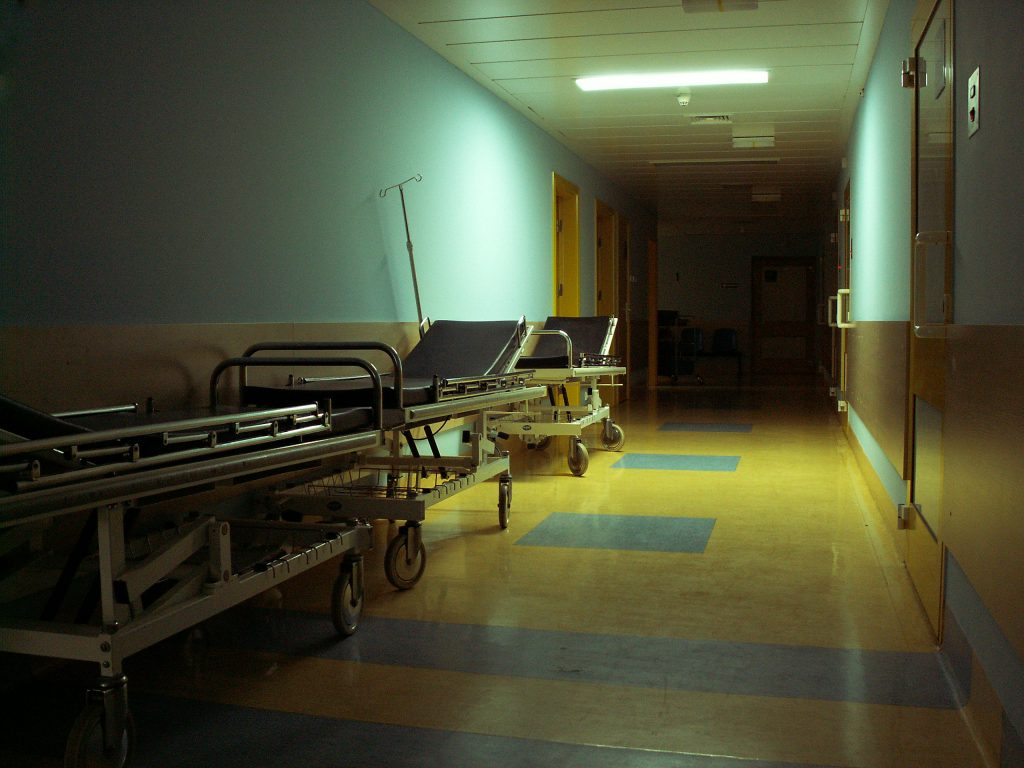
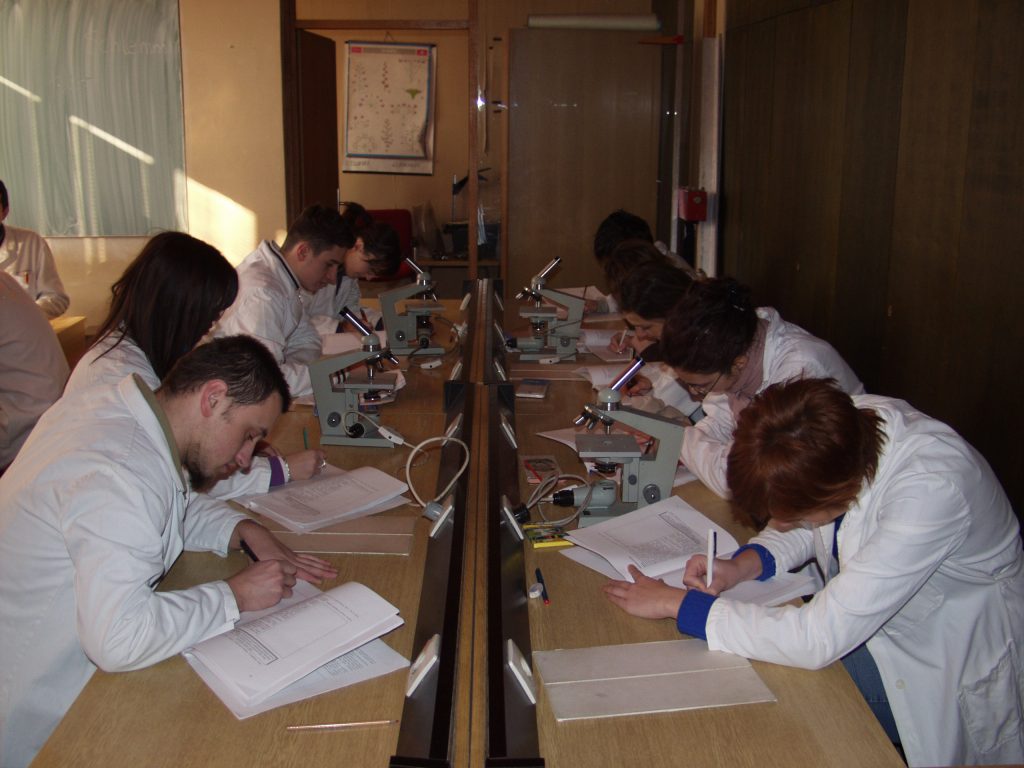 A recent medical malpractice lawsuit stemming from a surgery performed at West Jefferson Medical Center defines your right to make an informed decision about the course of treatment you wish to take.
A recent medical malpractice lawsuit stemming from a surgery performed at West Jefferson Medical Center defines your right to make an informed decision about the course of treatment you wish to take.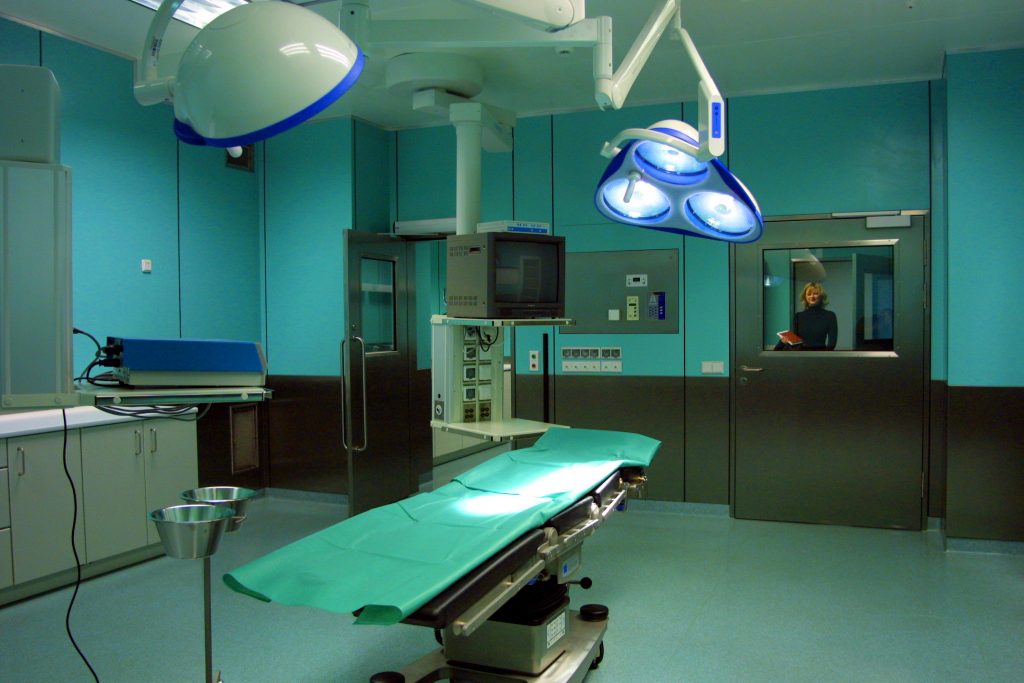 With all of the advances in the field of medicine these days most people would probably think that a surgery to remove a person’s gallbladder would be considered fairly routine. However, when it comes to surgery, nothing can be taken for granted. A Louisiana resident, Richard Logan, and his doctor found this out the hard way during a surgery that was performed in August of 2010. That was when Mr. Logan underwent surgery to have his gallbladder removed, but the surgery was anything but routine.
With all of the advances in the field of medicine these days most people would probably think that a surgery to remove a person’s gallbladder would be considered fairly routine. However, when it comes to surgery, nothing can be taken for granted. A Louisiana resident, Richard Logan, and his doctor found this out the hard way during a surgery that was performed in August of 2010. That was when Mr. Logan underwent surgery to have his gallbladder removed, but the surgery was anything but routine. People trust doctors and hospitals to take care of their health issues.
People trust doctors and hospitals to take care of their health issues. Karen and Joe LeBlanc brought a medical malpractice action against Dr. Rezaul Islam. A medical malpractice claim is a specific type of negligence claim in which the plaintiff alleges that a doctor or medical professional failed to act with the level of care they are duty-bound to provide, and that the plaintiff was harmed by the failure.
Karen and Joe LeBlanc brought a medical malpractice action against Dr. Rezaul Islam. A medical malpractice claim is a specific type of negligence claim in which the plaintiff alleges that a doctor or medical professional failed to act with the level of care they are duty-bound to provide, and that the plaintiff was harmed by the failure. Louisiana is a “Direct Action State” which means that an injured party has the option to sue an insurer for coverage under someone else’s policy. See La. Rev. Stat.
Louisiana is a “Direct Action State” which means that an injured party has the option to sue an insurer for coverage under someone else’s policy. See La. Rev. Stat. 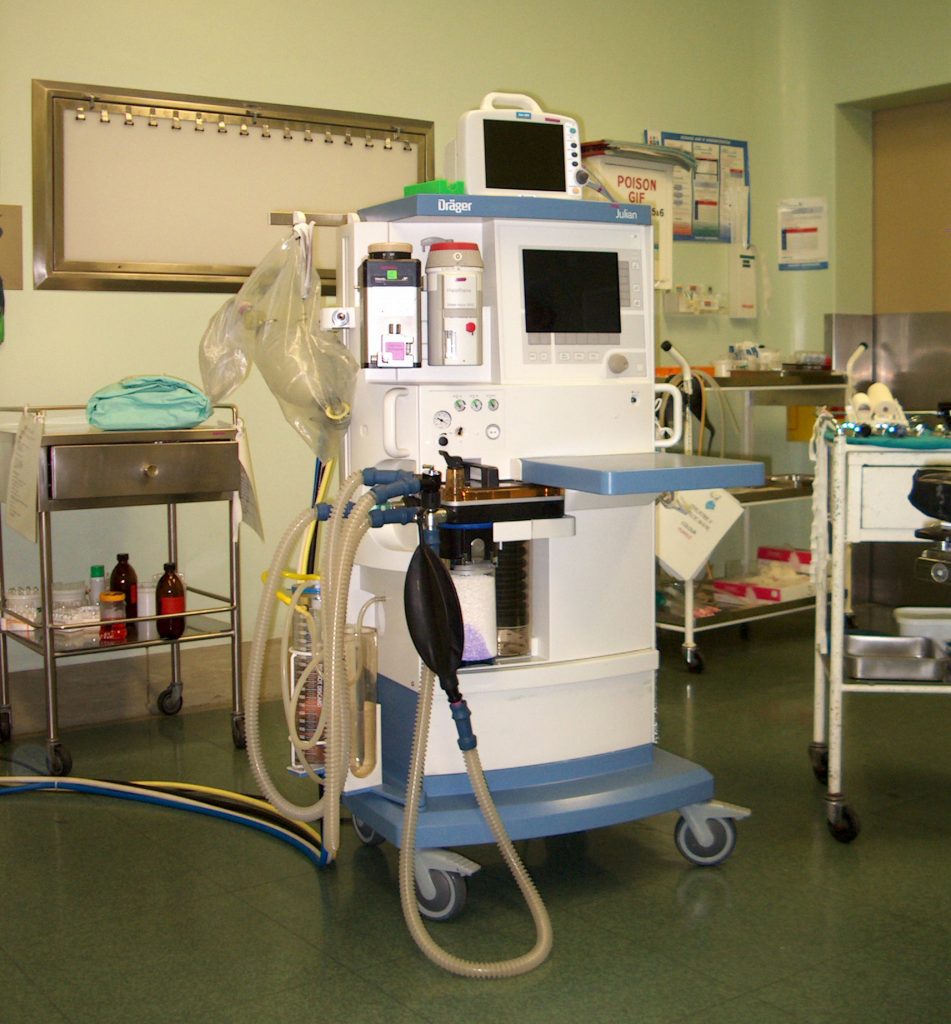 Medical malpractice lawsuits can be extremely tough cases involving complex areas of medicine. The best lawyers involved in medical malpractice lawsuits know that great experts are necessary to help prove their case. The following lawsuit out of Jefferson Parish shows how a medical malpractice case can be effected if the right experts are not chosen to advocate on the Plaintiff’s behalf.
Medical malpractice lawsuits can be extremely tough cases involving complex areas of medicine. The best lawyers involved in medical malpractice lawsuits know that great experts are necessary to help prove their case. The following lawsuit out of Jefferson Parish shows how a medical malpractice case can be effected if the right experts are not chosen to advocate on the Plaintiff’s behalf.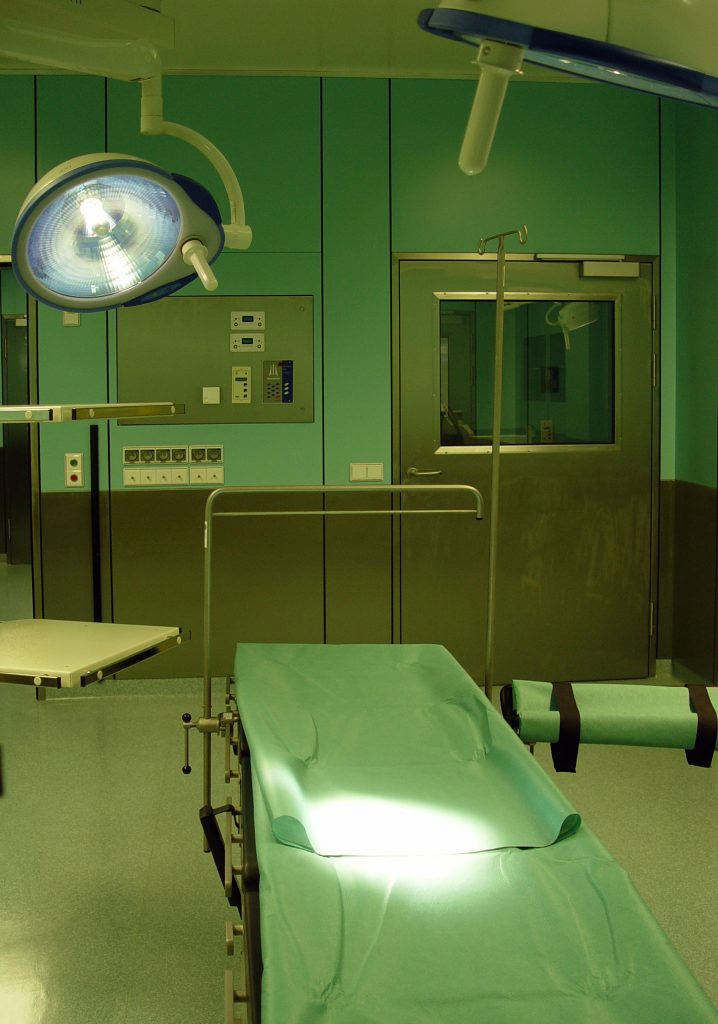 Medical malpractice lawsuits are known to be some of the most complicated, technical cases for injured parties. The average person does not have enough technical knowledge to infer negligence from a medical act or result. Because of this, many plaintiffs have to rely on expert testimony to explain nuanced details of the case and, ultimately, prove their case.
Medical malpractice lawsuits are known to be some of the most complicated, technical cases for injured parties. The average person does not have enough technical knowledge to infer negligence from a medical act or result. Because of this, many plaintiffs have to rely on expert testimony to explain nuanced details of the case and, ultimately, prove their case. 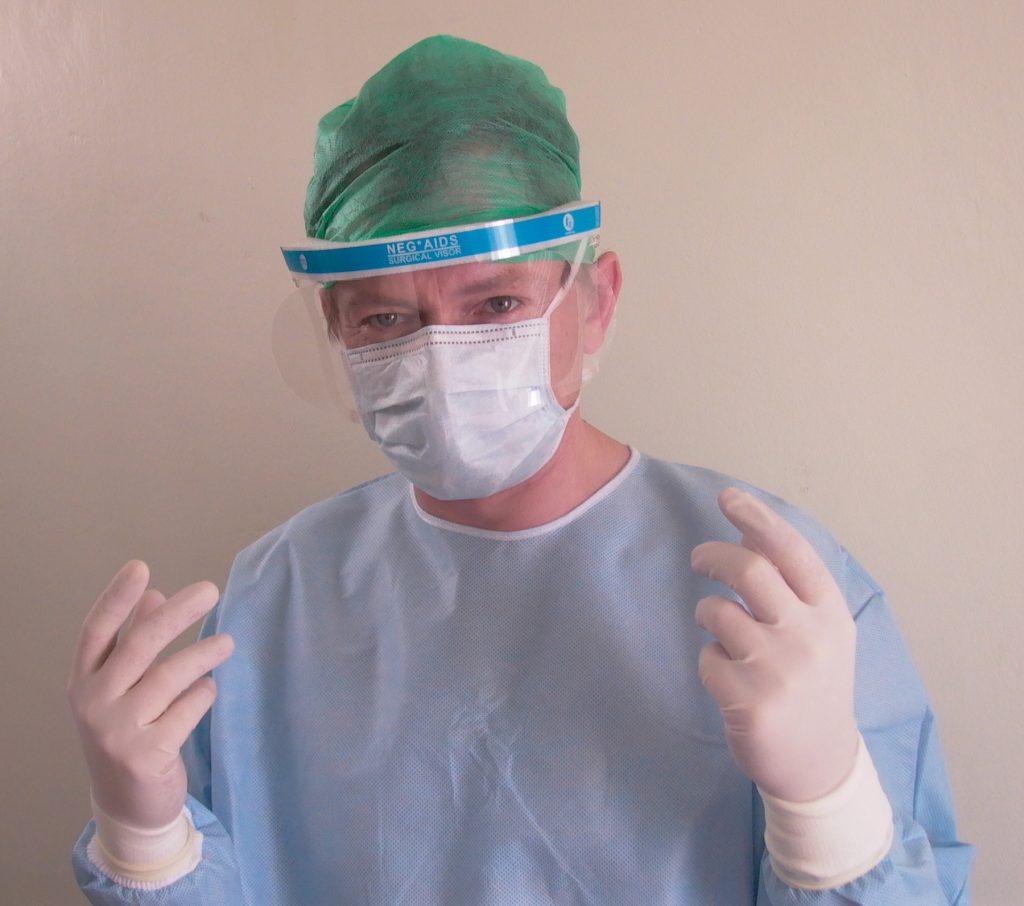 Prescription is a legal doctrine that serves to prevent people from filing lawsuits after a specified lapse of time has passed. The public policy behind the idea of prescription is not to prevent people who have been harmed from receiving relief. Instead, prescription is meant to allow someone who has caused harm piece of mind knowing that they cannot be sued after the passage of a certain period of time. Prescription allows lawsuits to be brought up to a certain time after the events leading to a lawsuit have occurred. These time limits are commonly specified in the specific texts of the laws they serve.
Prescription is a legal doctrine that serves to prevent people from filing lawsuits after a specified lapse of time has passed. The public policy behind the idea of prescription is not to prevent people who have been harmed from receiving relief. Instead, prescription is meant to allow someone who has caused harm piece of mind knowing that they cannot be sued after the passage of a certain period of time. Prescription allows lawsuits to be brought up to a certain time after the events leading to a lawsuit have occurred. These time limits are commonly specified in the specific texts of the laws they serve.